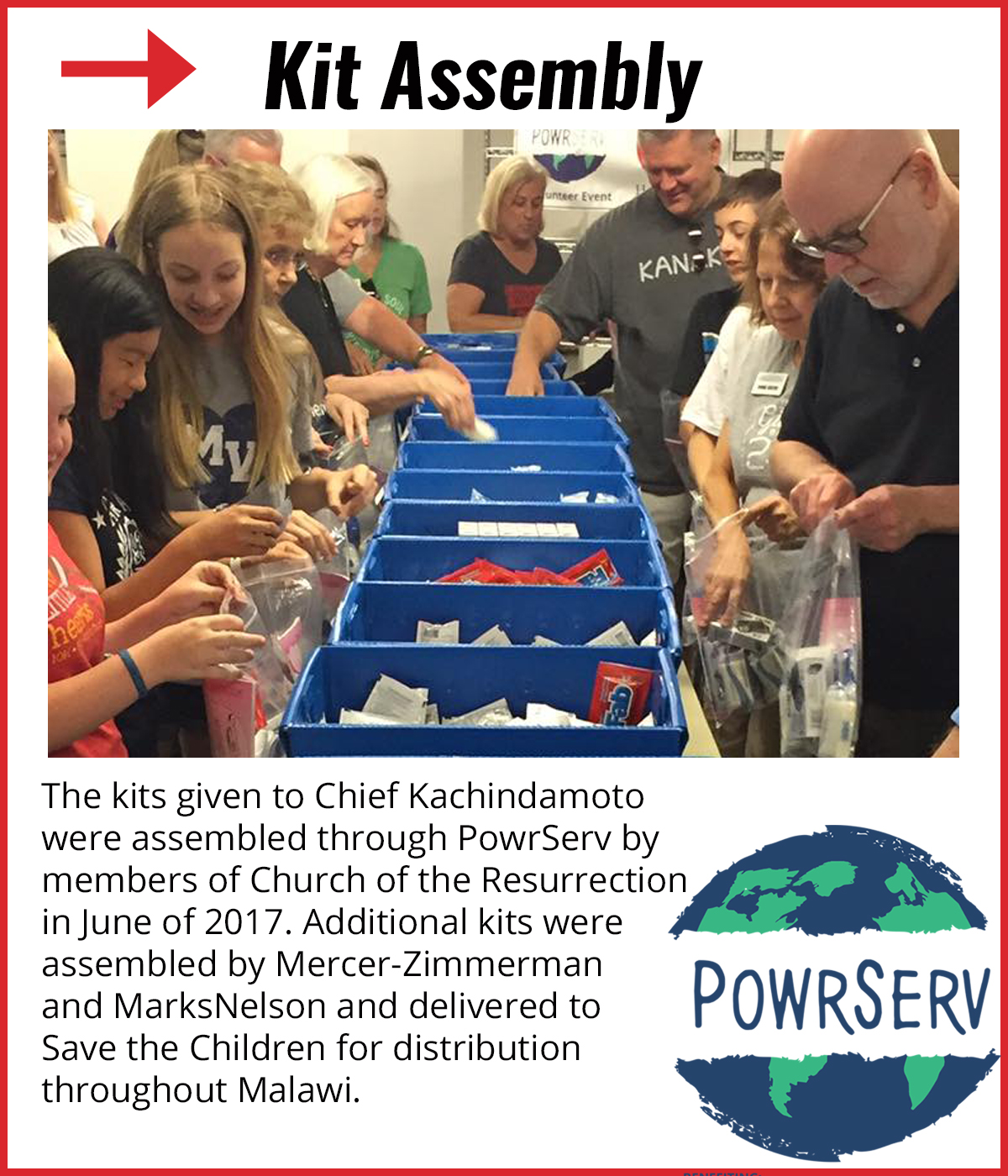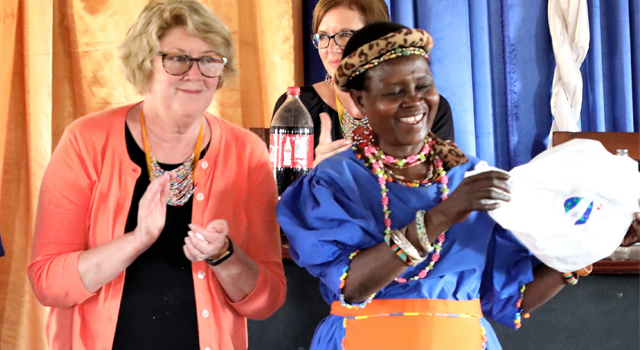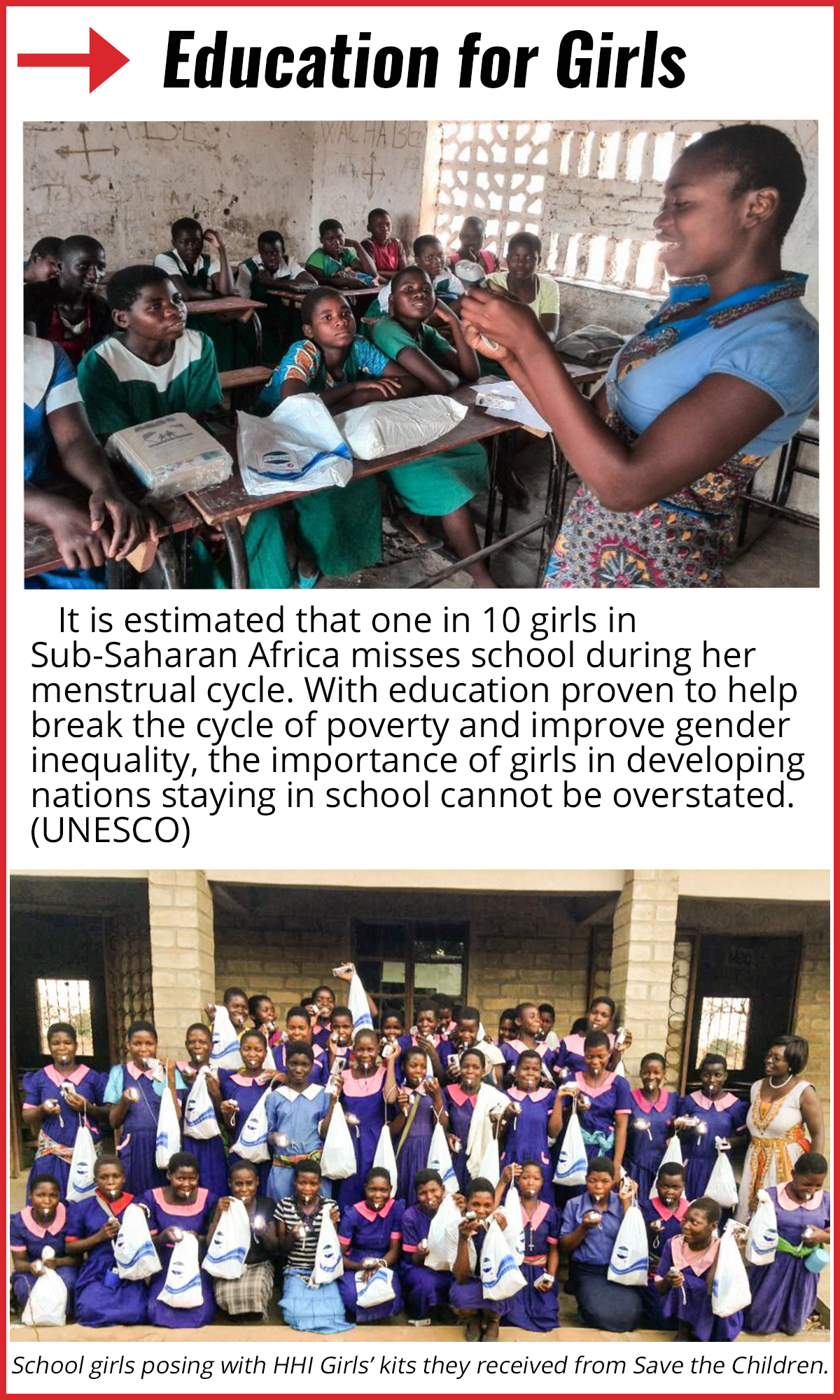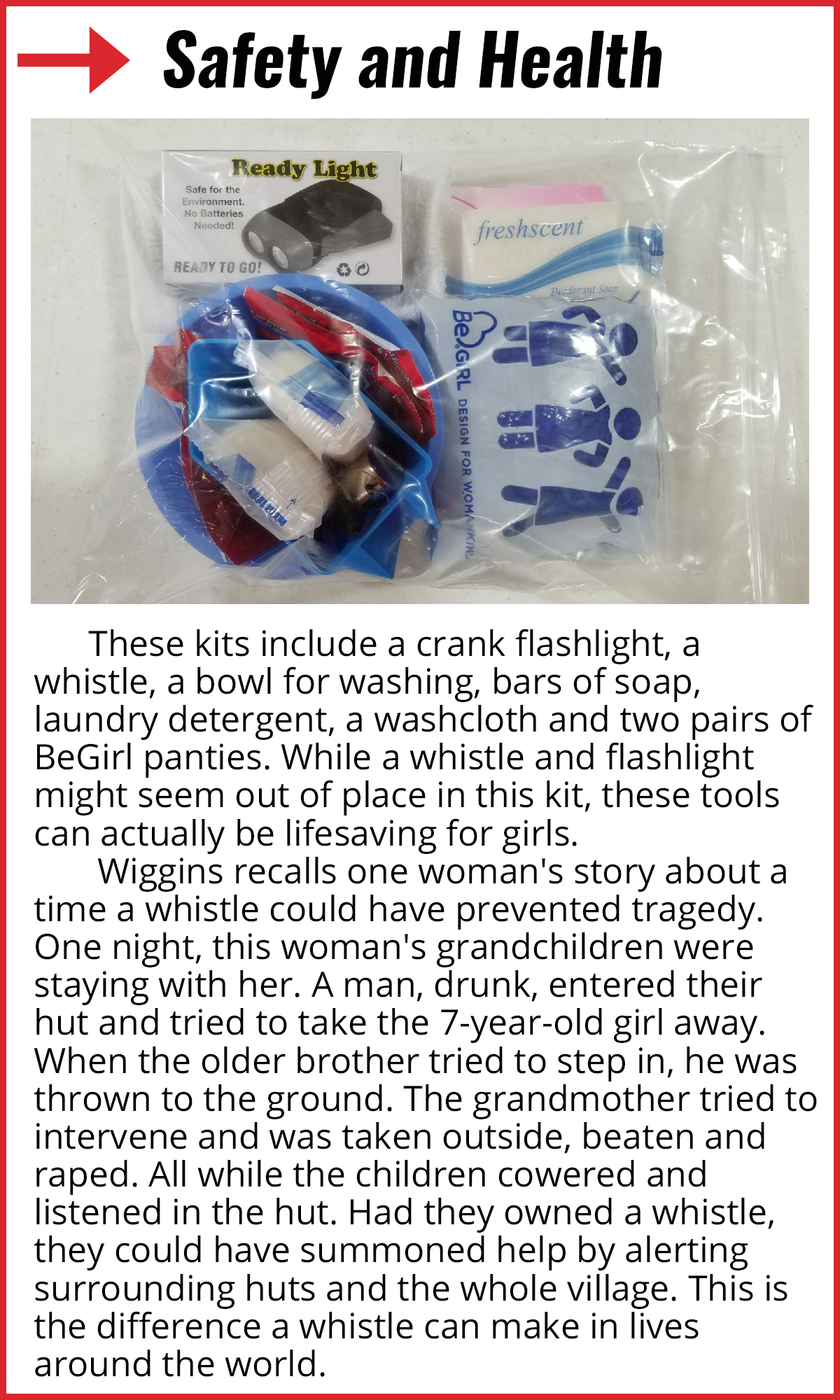 Heart to Heart International is known for disaster response, but the global health nonprofit has quietly been responding to a different kind of crisis. It is less public, but it still affects millions of people worldwide: the lack of adequate menstruation supplies for girls in developing nations and the resulting time away from school for these girls.
Heart to Heart International is known for disaster response, but the global health nonprofit has quietly been responding to a different kind of crisis. It is less public, but it still affects millions of people worldwide: the lack of adequate menstruation supplies for girls in developing nations and the resulting time away from school for these girls.

One woman is determined to change this. Chief Theresa Kachindamoto is the perfect partner for Heart to Heart International’s mission of improving the health of girls and women because she is known as the child marriage terminator and has made girls education a priority in her Chiefdom.
Kachindamoto never expected to become senior chief to more than 900,000 people in Monkey Bay, Malawi. While she was serving as a secretary at a city college in Zomba, a different district, she received the call that she was to become chief. Even though she did have royal blood in her veins, as the youngest of 12 siblings, it was never her expectation that she would become chief. But after her father died, then two other brothers stepped down, the call came for her to step up. Once summoned, she returned.
In town for her coronation, she observed a young girl walking around the village with a baby on her hip during the day. She recalls telling the girl that she needed to give the baby back to her mother and get back to school. When the girl informed her that the baby was her own, Kachindamoto became fueled with a fire to change the system of child marriage and promote education. She asked her brother after seeing the girl with her baby, “Is this why you called me back to be Chief? You wanted me to deal with this?”
She has since outlawed child marriage, enforcing the law by firing sub chiefs who do not follow the law. She is championing the importance of girls obtaining an education as a means to offer a different way of life that doesn’t involve.
But changing cultural traditions and taboos is not an easy task. People are resistant to change. Education often takes a back seat to working on the farm. And in the very poor, rural subsistence farming areas, girls can be seen as financial burdens. If they can be married off, they will leave the house and save the family money.
Education is the key factor to breaking the cycle of poverty and reducing child marriages, and so Chief Kachindamoto is trying everything she can to encourage girls to stay in school. This includes providing girls with menstrual hygiene products.
In October 2017, Chief Kachindamoto received Heart to Heart International girls’ hygiene kits. The reusable sanitary supplies and safety equipment included in the kits give girls in developing nations the tools they need to confidently and safely attend school, regardless of menstruation.
The kits had been assembled through PowrServ at Church of the Resurrection in Leawood, Kansas. Mary Beth Wiggins, a member of Church of the Resurrection, had been traveling to Malawi for several years, and she knew when she helped assemble the kits that Kachindamoto would be an ideal recipient of the kits.
Wiggins traveled to Malawi for the 2017 Youth and Young People’s Empowerment Conference and delivered the kits to a very appreciative Chief Kachindamoto.
Chief Kachindamoto was attending the conference as she has been working to implement vocational schools and training in order to educate both girls and boys to read and write, but also provide vocational training for skills that these children can then use in their own villages.
But none of this happens if girls are too embarrassed to attend school during their periods. Menstrual hygiene kits are the first step to empowering young women and breaking the poverty cycle.
Wiggins asked Chief Kachindamoto if she planned for her sons to be chief after you? Kachindamoto thought for a minute, then said with a smile, “I don’t know. I have granddaughters … ”
*More kits were assembled by COR and other Kansas City-based companies in 2017. These were distributed throughout Malawi by Save the Children.



